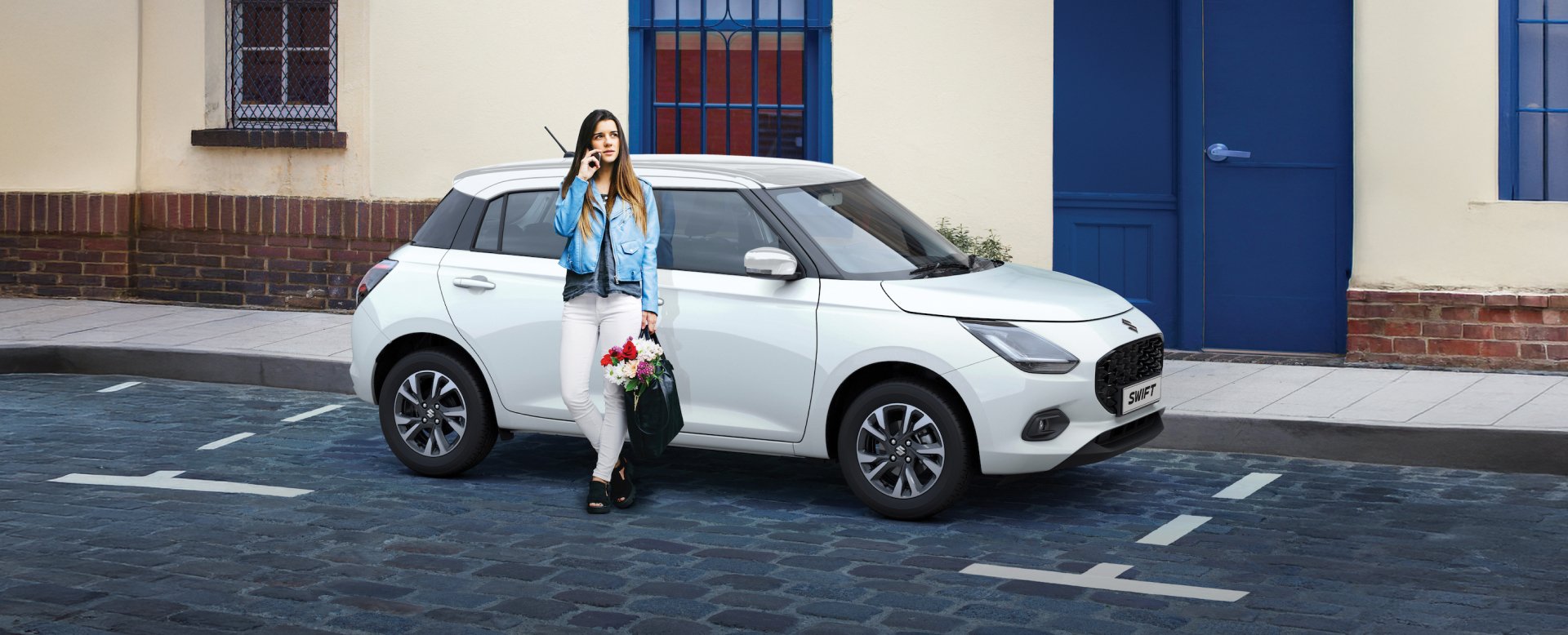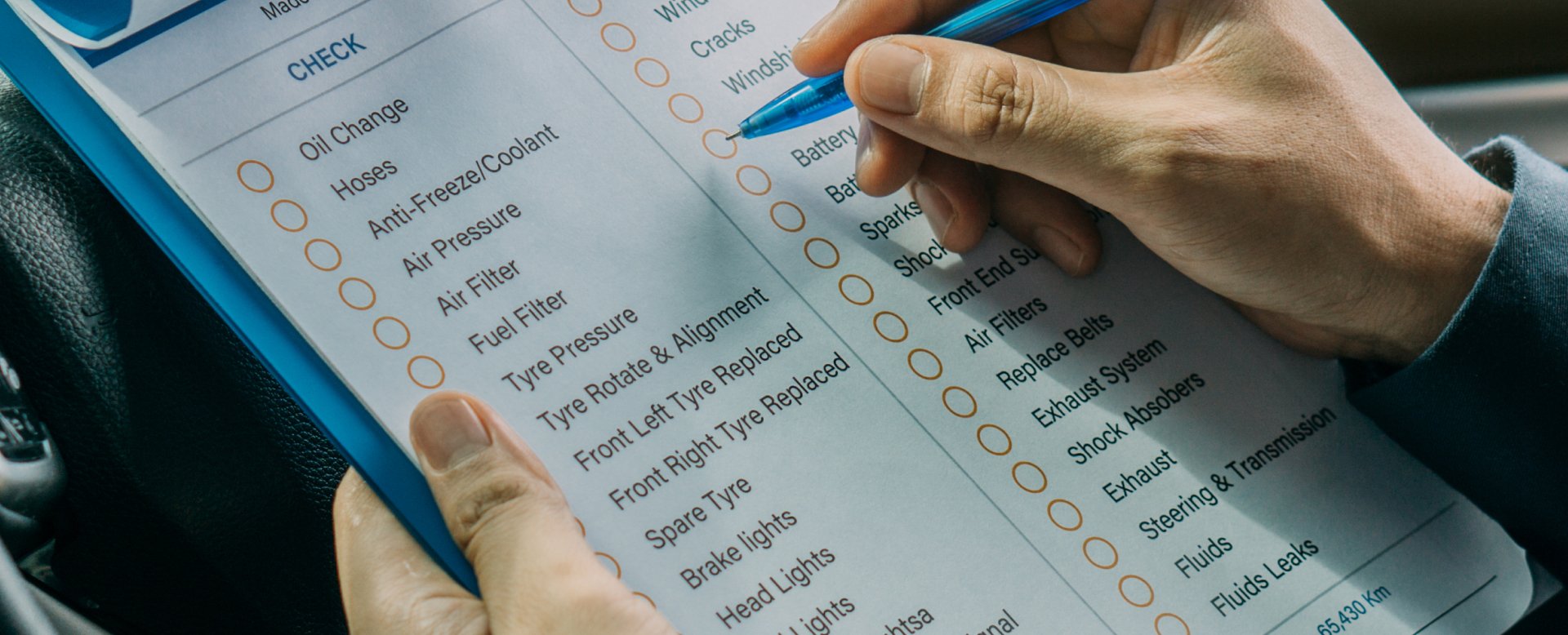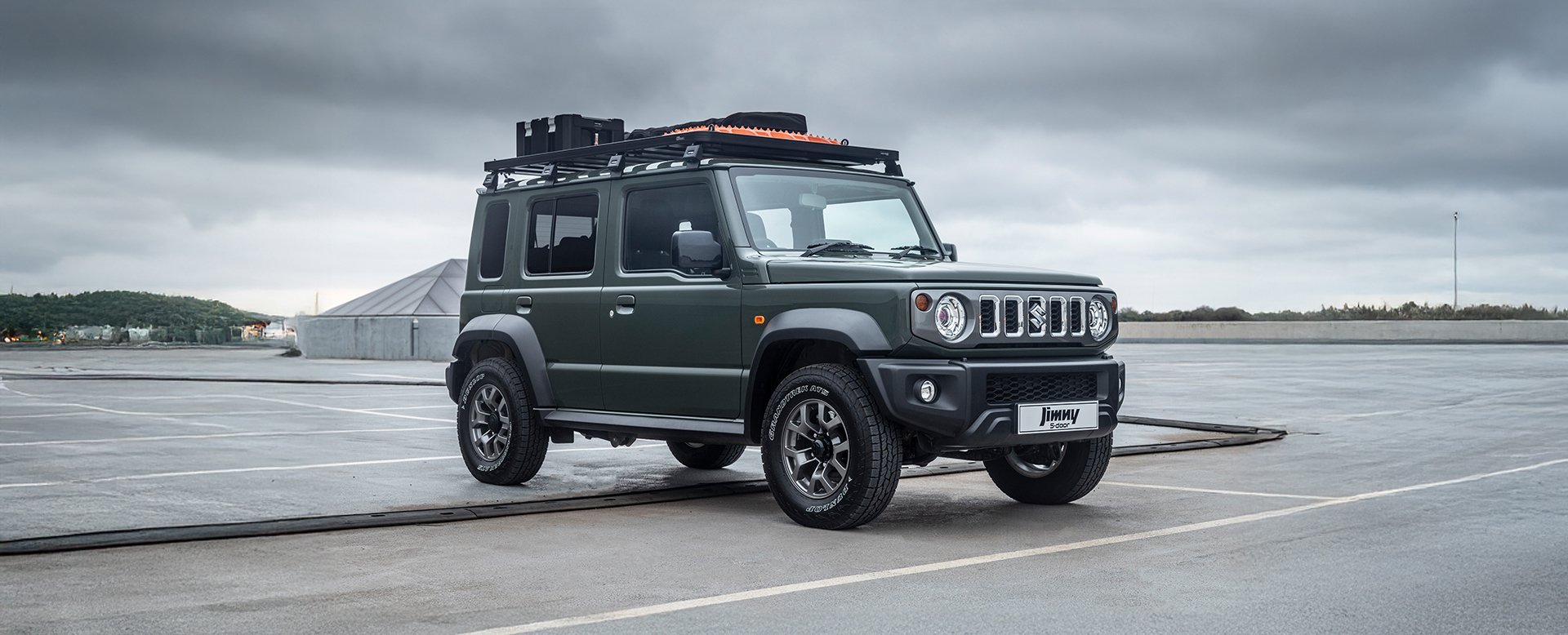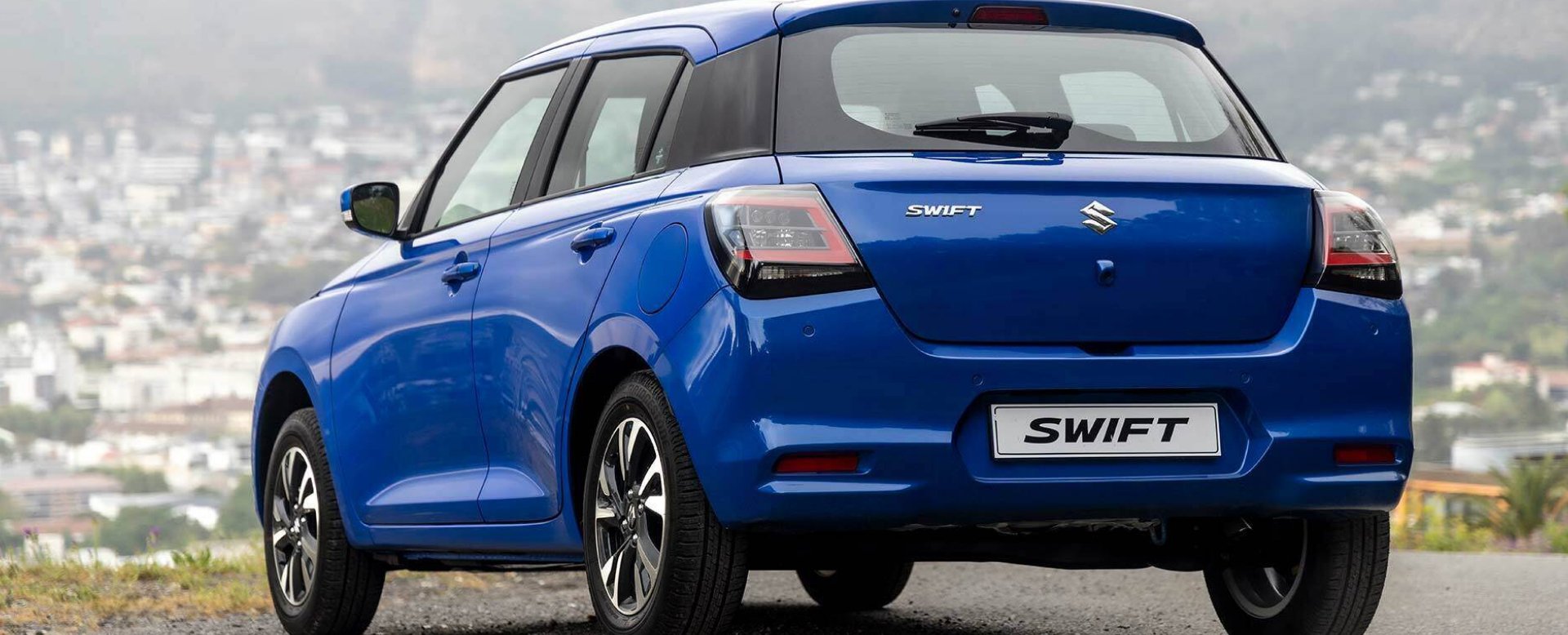Suzuki South Africa Blog & Insights
Updated Suzuki Dzire dials up the style with new interior treatment
Suzuki Auto South Africa has unveiled a sleek new black interior for the Dzire range, delivering a more modern, durable and stylish cabin that...
To Accessorise or Not? Your Ultimate Guide to Enhancing Your Suzuki
Looking to personalise your Suzuki? Our visual guide covers everything you need to know about car accessories, from functional to fabulous. Plus,...
From beeps to big cats: tracking lion energetics and physiology in the Kruger National Park
From early-morning telemetry beeps to rare sightings in the Kruger bush, this story follows two researchers as they track collared lions to uncover...
Suzuki joins forces with Betway SA20 in major three-year partnership
Suzuki Auto South Africa has announced a landmark three-year partnership with the fast-growing Betway SA20, bringing fans closer to the action with...
The difference between a car maintenance plan, service plan and car warranty: explained
Are car warranties, service plans, and maintenance plans all the same thing? Definitely not! Each plan covers a different aspect of your car’s...
Suzuki becomes Official Global Partner of AFCON Morocco 2025 and CAF Women’s Africa Cup of Nations 2026
Suzuki Auto South Africa celebrates Suzuki Motor Corporation’s new partnership with CAF as an Official Global Partner for AFCON Morocco 2025 and...
Suzuki celebrates Proteas Women’s historic World Cup campaign
Backed by Suzuki Auto South Africa, the Proteas Women’s ODI team concluded an unforgettable campaign at the 2025 ICC Women’s Cricket World Cup, held...
Monster October sales steer Suzuki to new heights
Suzuki Auto South Africa smashed sales records this October with 6,890 vehicles sold, marking a monster month that secured its spot as the country’s...
Pre-Trip Vehicle Maintenance Checklist: Keep Your Suzuki Adventure Ready
Getting ready to explore? Use our quick pre-trip vehicle maintenance checklist to make sure your Suzuki is safe and road-ready. And, if anything...
Make It Yours: The Ultimate Guide to Suzuki Jimny Accessories in South Africa
Looking to customise your Suzuki Jimny? From bold decals to off-road gear, the Jimny Accessories guide covers everything you need to accessorise...
Impressive September sales drive Suzuki Auto South Africa to record first half
With three straight months of over 6,000 units sold, Suzuki Auto South Africa achieved a record-breaking first half and welcomed its 300,000th...
Tackling Van Zyl’s Pass in a Suzuki Jimny Off-Road Adventure
When Grant McPherson first got his Suzuki Jimny 4x4 in 2021, he had no idea the adventures he would embark on. This small but mighty 4x4 vehicle was...
Adventure, music and records: Jimny Gathering 2025 captures the spirit of Suzuki
Suzuki Auto South Africa wrapped up the second-ever Jimny Gathering this past weekend at Louvain Guest Farm in the Western Cape. Over a thousand...
Suzuki Sevens Development Team tackles interprovincial tournament
Suzuki Auto South Africa is backing the next generation of rugby talent through its Sevens Development initiative with the Humanitarian Empowerment...
Road to Jimny Gathering 2025
Get ready for the ride of a lifetime as we gear up for Jimny Gathering 2025! From road trip essentials to sharing your #RoadToJimnyGathering, here’s...
Top 8 Tips to keep your Suzuki hatchback running like new
If you own a Suzuki hatchback, you already know you’ve made an excellent choice. Now you want to ensure you keep it in the best possible shape for...
Featured Articles
- 7 Reasons Why a New Suzuki Hatch Is the Smart Choice for Your Teen
- Why the Suzuki Grand Vitara is the Ultimate Lifestyle SUV
- Suzuki Showdown: Compare the Best SUV Models for Your Needs
- Drive Your Business Forward with Suzuki
- The benefits of branding your vehicle
- What About My Old Swift?
- How the Suzuki EECO and Super Carry Fuel Small Business Success
- Changing Gears in 2025 with Suzuki—Asambe!
- Feel Iconic in the All-New Suzuki Swift
- Understanding Guaranteed Future Value: What you need to know
- How to convince your parents to buy you a Suzuki
- Differently-Abled and Buying a Car: What to Consider | UPDATED
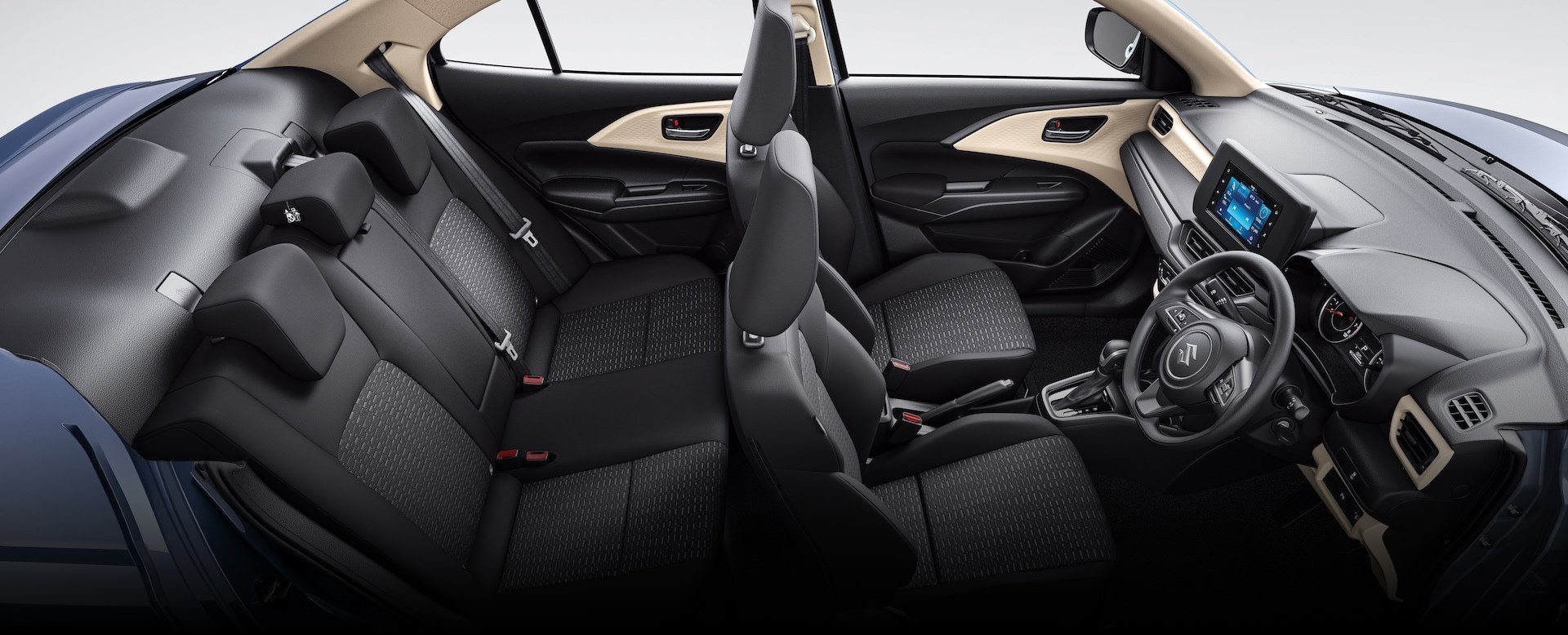
.jpg)
.jpg)

%20(1).jpg)


